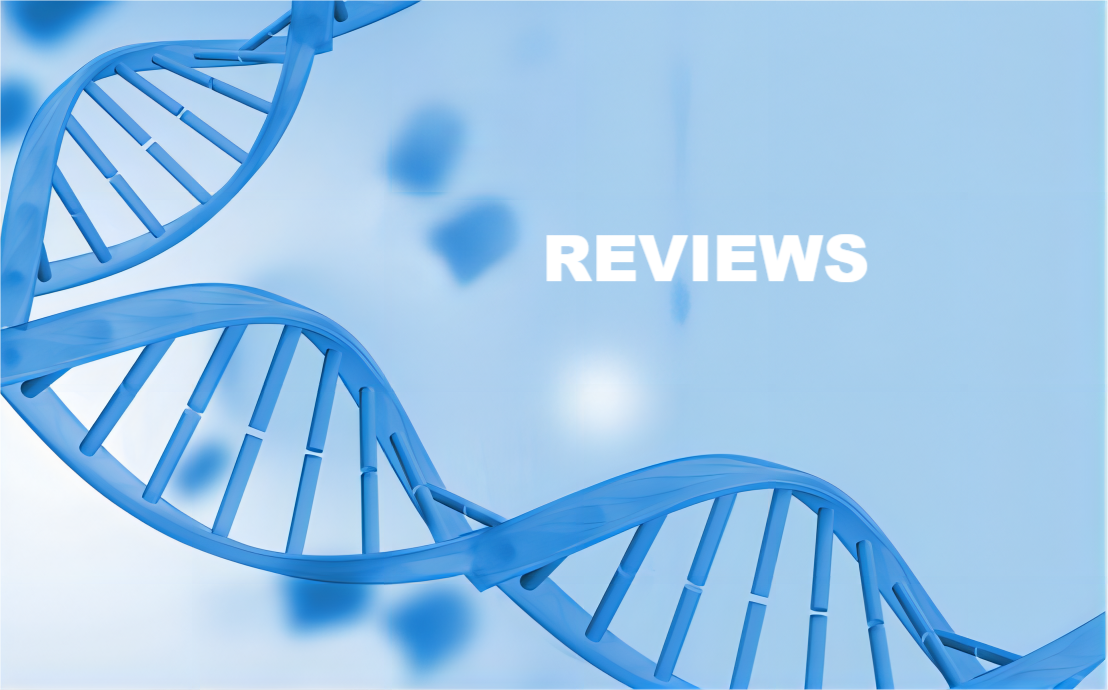Why Cycloastragenol?
In 2009, Nobel in Medicine and Physiology was awarded to three scientists for their research on telomeres and telomerase. All normal human somatic cells have a finite number of times. Cells are described as cellular senescent when the limit is reached during their division. Telomere shortening has been associated with cellular aging, which leads to body aging because of the lack of cellular functions. In activated T cells unlike most somatic cells, telomerase activity is upregulated, resulting in increased telomere length. However, this brief period of telomerase induction only delays cellular senescence. Naturally, there is a great deal of interest in finding inducers of telomerase that may help delay the onset of cellular aging.
Researchers from UCLA found Cycloastragenol derived from Astragalus can boost production of telomerase. Cycloastragenol may be able to increase telomerase activity and proliferative capacity of both Cluster Determinant 4 and Cluster Determinant 8 T cells. These preliminary results show that Cycloastragenol can hold back the onset of CD4 and CD8 cellular senescence.
Cycloastragenol, a saponin derived from the root of a traditional Chinese herb named Astragalus membranaceus, is believed that it may be able delay senility.
Animal studies and preliminary human clinical studies suggest that Astragalus may enhance the immune system and fight diseases, including cancer and heart disease, comes mostly from lab and animal studies. Researchers at The University of Texas M.D. Anderson Cancer Center found that Astragals extract boosted the cell-destroying ability, or cytotoxicity, of the conventional immune system drug interleukin-2 by helping cells of the immune system (This study was done using cells in the lab, not in humans.). But available scientific evidence does not support claims that Astragalus can prevent cancer, cure cancer, extend survival, or reduce side effects of conventional cancer treatment. There is some suggestion that it may enhance the effects of certain chemotherapy drugs, but this theory needs to be tested more thoroughly.
In a study published in the November 2008 Journal of Immunology, researchers illuminated the anti-inflammatory and anti-aging effects of Astragalus. Astragalus is a primary active ingredient in several advanced herbal formulas such as CardioPhase, OsteoPhase and Vital Cell. And it is routinely used in Asia for 2000 years. Astragalus is considered as a quintessential protective super tonic herb in the Orient as well as one of the world's premier immune regulating substances.
Astragalus is a very complex constituent profile with active constituents such as astragalus including triterpene glycosides, polysaccharides and flavonoids, and various other components like numerous amino acids and trace elements.
The study of researchers at The University of Texas M.D. Anderson Cancer Center shown that Astragalus extract could boost the cell-destroying ability, or cytotoxicity, of the conventional immune system drug interleukin-2 by helping cells of the immune system. The study was done using cells instead of humans.
Astragalus also has remarkable anti-inflammatory functions. Astragalus may stimulate the body to produce interferons for our body to defend against viral infections. Besides, Astragalus also has been shown to improve sperm motility to improve male fertility.
Cycloastragenol, a natural plant extract from Astragalus, extends T cell proliferation by increasing telomerase activity. This saponin occurs naturally in small amount in Astragalus root. Cycloastragenol has the similar structure with the Astragaloside IV molecule, but it is smaller and more bioavailable.

